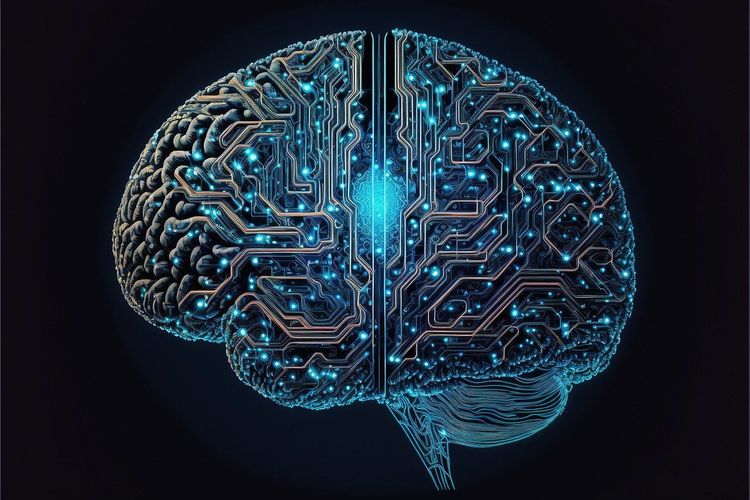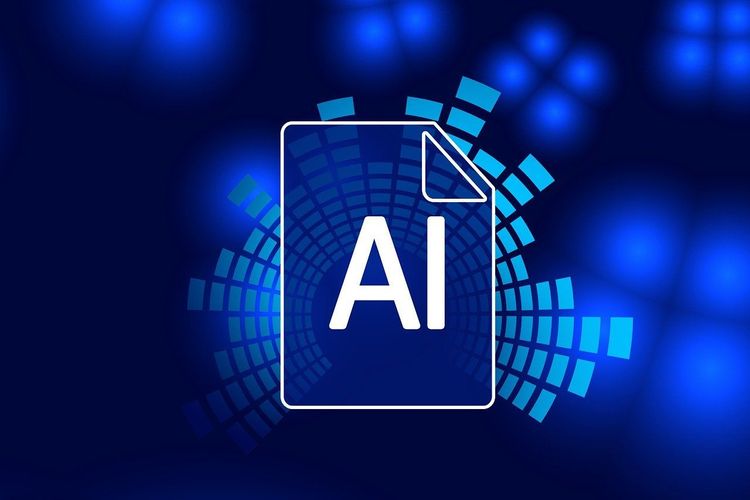The U.S. Copyright Office has consistently stated that creations generated through artificial intelligence (AI) are generally ineligible for copyright protection, as they lack human authorship.
From August 2023, the agency has been conducting an AI study and accepting public comments, including input from the Federal Trade Commission (FTC), which typically focuses on consumer protection and competition issues rather than copyright.
Critics now accuse the FTC of overstepping its authority, risking the established “Fair Use” doctrine that allows certain uses of creative works, even those that are copyrighted—such as parodies and commentary—without needing permission from the original creators.
In its recent filing, the FTC highlighted the risks posed by AI development, including potential copyright infringement and consumer deception. It warned that generative AI could reproduce “artists' faces, voices, and performances without permission,” misleading consumers about a work’s true creator. The FTC also pointed out that AI systems often train on “pirated content” obtained without consent.
Regarding copyright infringement, the FTC noted that the use or misuse of pirated materials could constitute an unfair practice under Section 5 of the FTC Act. Notably, major AI companies like OpenAI and Anthropic face lawsuits for allegedly using copyrighted content in their training data.
The FTC expressed concerns that AI might infringe on copyright by sourcing content from materials that have themselves been pirated, thereby bypassing copyright protections. The agency also cautioned that consumers could face harm when there’s a disconnect between their expectations of authorship—such as believing a work is created by a specific artist when it is, in fact, AI-generated.
The potential for “unfair methods of competition” was also raised, suggesting that powerful companies might leverage AI in ways that harm competition.
Interestingly, a recent court case sought to assert a fair use defense for scraping content to train AI systems. This indicates that actions permissible under copyright law could still conflict with consumer protection laws, such as the FTC Act.
The FTC asserted that there is “no AI exemption from existing laws,” committing to use its full authority to protect U.S. consumers from unfair or deceptive practices. The FTC Act prohibits both “unfair or deceptive acts” and “unfair methods of competition.”
The FTC's comments align with concerns expressed by creative professionals during a recent roundtable, where artists and musicians advocated for regulations to protect their work from unauthorized use and ensure fair compensation.
However, critics challenge the FTC's approach. Chamber of Progress CEO Adam Kovacevich pointed out that the FTC’s charter does not mention copyright, traditionally adjudicated in courts. He suggests that the FTC’s claims that lawful copyright actions may violate the FTC Act reflect an effort by Chairwoman Lina Khan to broaden the agency’s scope.
Kovacevich emphasized the significance of fair use as a form of anti-monopoly policy, noting that fair use rights allow startups to innovate without the crushing burden of copyright fees.
While the FTC referenced fair use principles, it stressed that adherence to copyright law does not guarantee immunity from potential consumer protection issues. Kovacevich asserted that the FTC has not considered the relationship between fair use and anti-monopoly policy.
This ongoing debate underscores the complex relationship between copyright and consumer protection laws as regulators respond to rapid advancements in AI. While the FTC aims to oversee the impacts of generative models, some stakeholders believe the agency is overreaching.
Finding the right balance will demand a nuanced legal analysis of how consumer welfare and creative incentives intersect in AI-driven markets. As discussions unfold, AI developers must evaluate their obligations under both copyright and consumer protection laws.
Given the high stakes and uncertain legal landscape, companies should actively address potential harms to consumers and creators from unauthorized use of copyrighted materials. Upholding ethical AI practices that respect rights and prevent misleading outputs will enhance reputations and public trust amid evolving regulations.







